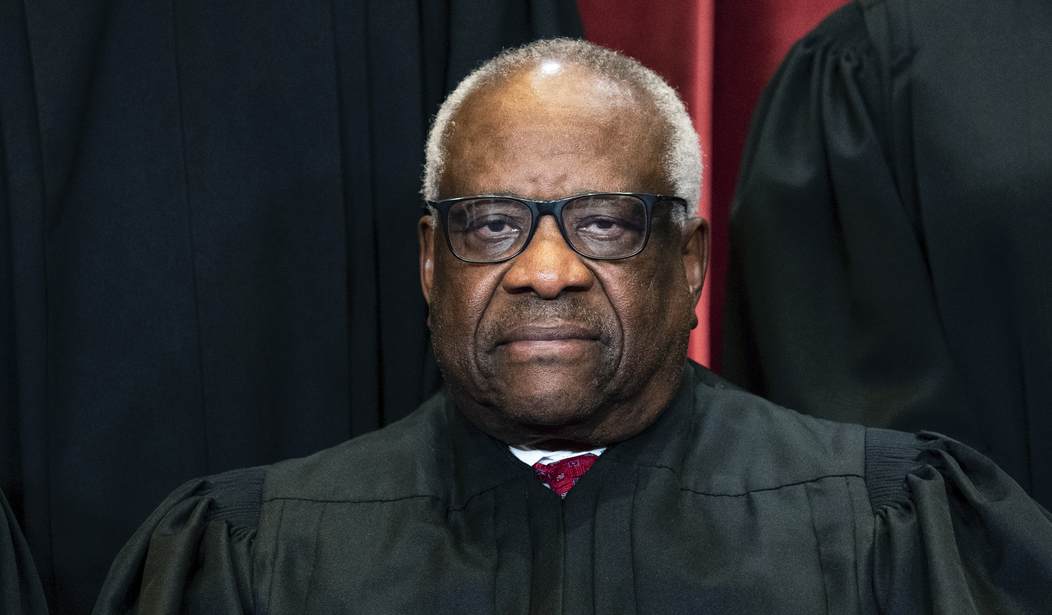Supreme Court Justice Clarence Thomas said Monday that, due to large number of federal marijuana policies, federal laws prohibiting the drug may be unconstitutional.
Thomas, one of the six conservative justices on the bench, spoke of the country’s federal marijuana laws after the court refused to hear an appeal from a Colorado medical marijuana dispensary that was denied tax breaks that other businesses in were granted.
"A prohibition on interstate use or cultivation of marijuana may no longer be necessary or proper to support the federal government's piecemeal approach," Thomas wrote in a statement.
He said the 2005 Supreme Court ruling in Gonzales v. Raich, which maintained federal laws that prohibited the possession of marijuana for any use, may now be outdated as cannabis has since been legalized by local governments.
"Federal policies of the past 16 years have greatly undermined its reasoning," Thomas' opinion read. "Once comprehensive, the Federal Government’s current approach is a half-in, half-out regime that simultaneously tolerates and forbids local use of marijuana. This contradictory and unstable state of affairs strains basic principles of federalism and conceals traps for the unwary."
Thirty-six states currently permit medical marijuana usage and 18 allow recreational use, according to the National Conference of State Legislatures. The District of Columbia allows marijuana use under both circumstances.
Recommended
However, businesses are not able to deduct marijuana business expenses under the federal tax law, as Thomas pointed out.
"Under this rule, a business that is still in the red after it pays its workers and keeps the lights on might nonetheless owe substantial federal income tax," Thomas wrote.
Federal prosecutors have been told by the Department of Justice to not investigate cases against marijuana businesses that follow their state laws. Since 2015, Congress has barred the DOJ from federal spending aimed at preventing state governments from enacting their own marijuana laws.
However, the Internal Revenue Service's enforcement of rules that exclude pot growers and dealers remains.
Thomas said the federal government's "willingness to often look the other way on marijuana is more episodic that coherent."

























Join the conversation as a VIP Member